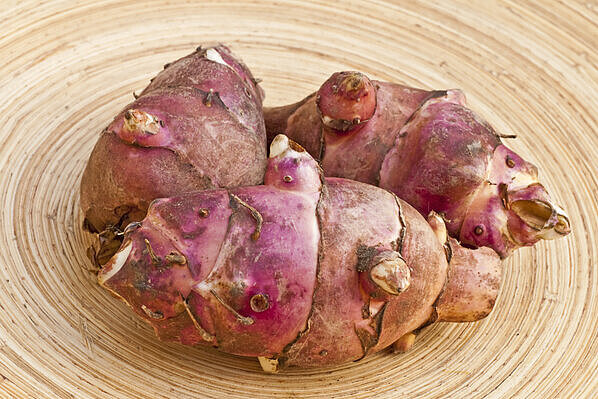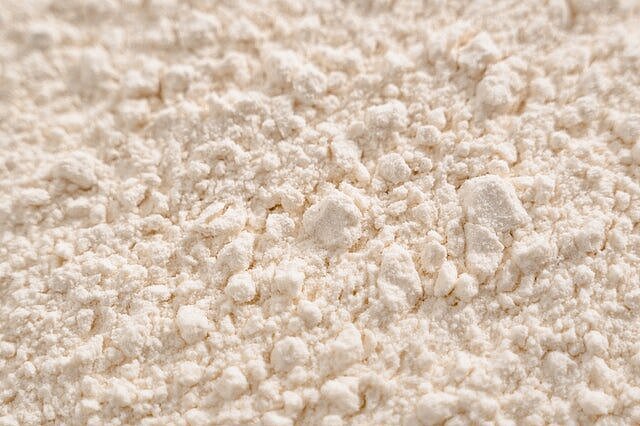Galactooligosaccharides

What are galactooligosaccharides?
Galactooligosaccharides are prebiotic fibers derived from lactose. They consist of short-chain carbohydrates and are known to promote the growth and activity of beneficial intestinal bacteria such as lactobacilli and bifidobacteria. GOS are not digested in the small intestine, but reach the large intestine where they serve as food for the microflora living there. This property makes them an important part of the discussion on promoting gut health and function.
Benefits of galactooligosaccharides for dogs
Supporting intestinal health
Arguably the most significant benefit of GOS is their ability to support gut health. By promoting a healthy microbiome, GOS can help regulate digestion, improve the absorption of nutrients and strengthen the immune system.
Improving stool quality
Regular intake of GOS can help improve stool consistency and reduce problems such as diarrhea and constipation. A healthy microbiome is crucial for regular and problem-free digestion.
Strengthening the immune system
A healthy gut is closely linked to a strong immune system. GOS can promote the production of short-chain fatty acids in the gut, which have anti-inflammatory properties and support the immune system.
Disadvantages and risks
Adaptation phase
When introducing GOS into the diet, there may be an adjustment period during which dogs may react with bloating or discomfort. However, these symptoms should be temporary while the gut gets used to the new fibers.
Overdosage
An overdose of GOS can lead to digestive problems such as excessive flatulence, diarrhea or discomfort. It is important to find the right dosage and gradually increase the intake of GOS.
Allergies or intolerances
Although rare, some dogs may be allergic or intolerant to ingredients in GOS, particularly if these are derived from lactose. Observation and caution are required to avoid adverse reactions.
Galactooligosaccharides offer an intriguing opportunity to support gut health and overall well-being in dogs through nutrition. The potential benefits, from improved gut flora to regulated digestion and a strengthened immune system, make GOS a valuable ingredient in dog diets. However, it is important to introduce GOS carefully and to pay attention to the individual needs and reactions of the dog. A balanced dosage and observation of possible adaptation reactions are crucial to maximize the positive effects of GOS and minimize risks. Ultimately, the integration of galactooligosaccharides into a dog's diet, in consultation with a veterinarian or nutritional expert, can make a valuable contribution to promoting their health and quality of life.
If you notice any signs of hypersensitivity or poisoning in your dog, you should see your vet immediately. We are not a substitute for a vet, but we try to be as accurate as possible. Every dog reacts differently and we recommend you get a second opinion or consult your vet if in doubt.
Stay healthy and take good care of your four-legged friend!😊
Similar to Galactooligosaccharides
Feeding FOS can have various health benefits for dogs: They promote the growth of good gut bacteria and inhibit the growth of harmful bacteria. This reduces the formation of toxins in the...
Inulin is a carbohydrate that consists of several fructose molecules. It is used by plants as an energy store and is found, for example, in chicory, artichokes, Jerusalem artichokes and dandelions....
Lactulose is a synthetic sugar derivative obtained from the conversion of lactose (milk sugar). Unlike other sugars, lactulose is not absorbed in the small intestine. Instead, it reaches the large...
Prebiotics are food components that pass through the small intestine undigested and are fermented in the large intestine by the bacteria living there. As a result, they promote the growth and...



